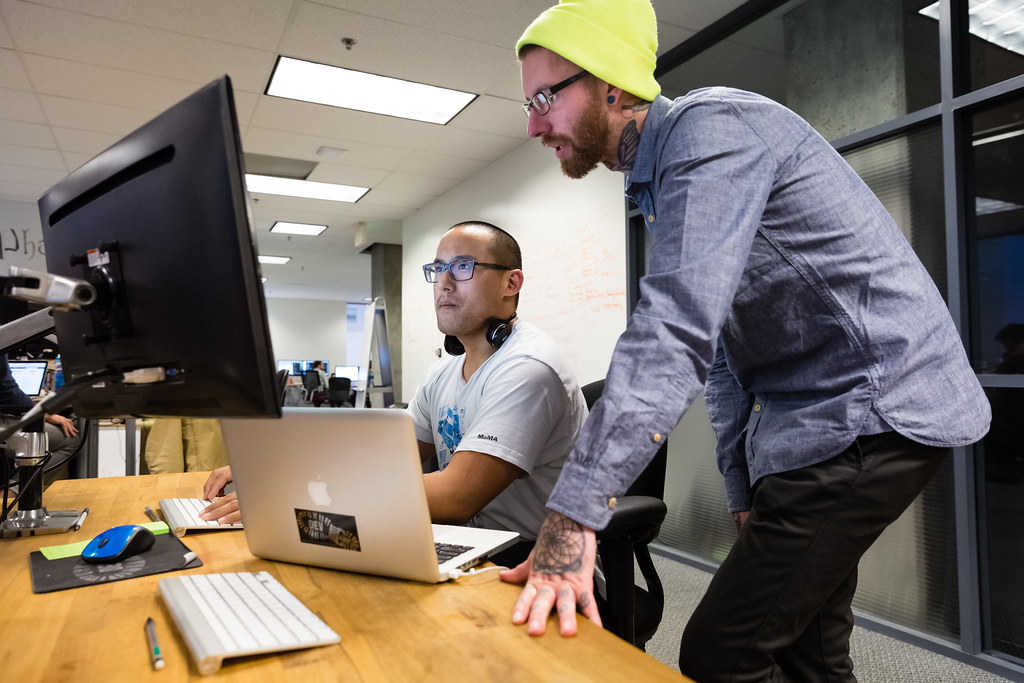
Henry Green is a student at Harvard Law School.
In today’s News and Commentary, advocacy groups lay out demands for Lori Chavez-DeRemer at DOL, a German union leader calls for ending the country’s debt brake, Teamsters give Amazon a deadline to agree to bargaining dates, and graduates of coding bootcamps face a labor market reshaped by the rise of AI.
Worker advocacy groups have laid out demands for Rep. Lori Chavez-DeRemer, President Trump’s pick to the lead the Department of Labor, to prove her pro-worker chops. The Economic Policy Institute called for Chavez-DeRemer to fight for at least a $14 billion budget for DOL and to defend President Biden’s rule expanding overtime protections. EPI and the National Employment Law Project also urged Chavez-Deremer to finalize a standard protecting workers from heat on the job.
In Germany, the leader of IG Metall, the country’s most powerful union, called for an end to the country’s “debt brake,” which limits government borrowing to .35% of GDP in any fiscal year. Christianne Benner, IG Metall’s chair, said Germany should follow the example of the US and China, which more vigorously support domestic industry through fiscal policy. Benner’s comments come as Volkswagen workers are on strike in protest of the company’s plans to close several plants in Germany. Union representatives last month offered to forgo planned wage increases if the company agreed to cancel plant closures.
The Teamsters are calling on Amazon to agree to bargaining dates by December 15. The Teamsters are involved in several efforts to organize Amazon workers: the union is leading organizing drives among warehouse workers in Atlanta and San Francisco, delivery drivers in New York and California, and workers at Amazon’s “air hubs” in Kentucky and Southern California. Amazon Labor Union members in Staten Island voted to affiliate with the Teamsters in June. The Teamsters also intervened in Amazon’s 5th Circuit challenge to the NLRB’s constitutional authority.
The New York Times reports that graduates of coding bootcamps are having a harder time finding jobs since the emergence of AI tools like ChatGPT. AI tools have been widely adopted in coding jobs: in a recent survey, 60% of software developers reported using AI in the last year. The number of active job postings for software developers is down 56% compared with five years ago and for inexperienced developers, the decline is 67%. Sources in the article noted that workers without a college degree, who might have been able to use a coding bootcamp as an onramp to the industry in the past, are experiencing the most difficulty. But there is still a need for seasoned engineers: AI-generated code can be riddled with mistakes that are hard to spot without experience.






Daily News & Commentary
Start your day with our roundup of the latest labor developments. See all
February 22
A petition for certiorari in Bivens v. Zep, New York nurses end their historic six-week-strike, and Professor Block argues for just cause protections in New York City.
February 20
An analysis of the Board's decisions since regaining a quorum; 5th Circuit dissent criticizes Wright Line, Thryv.
February 19
Union membership increases slightly; Washington farmworker bill fails to make it out of committee; and unions in Argentina are on strike protesting President Milei’s labor reform bill.
February 18
A ruling against forced labor in CO prisons; business coalition lacks standing to challenge captive audience ban; labor unions to participate in rent strike in MN
February 17
San Francisco teachers’ strike ends; EEOC releases new guidance on telework; NFL must litigate discrimination and retaliation claims.
February 16
BLS releases jobs data; ILO hosts conference on child labor.